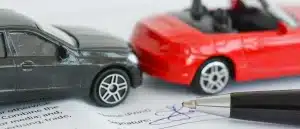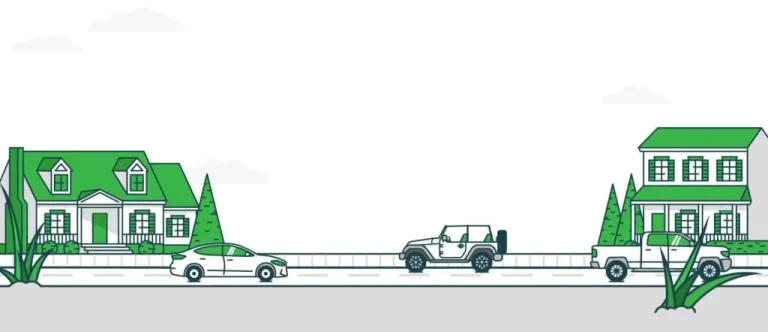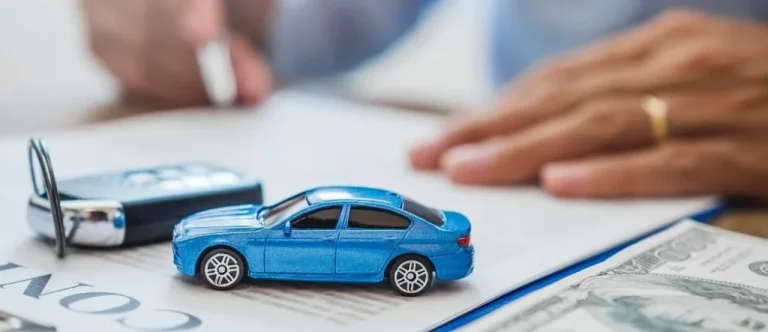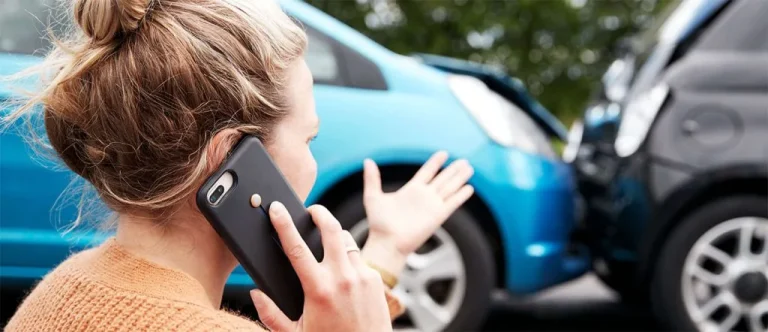Paying for car insurance, especially if you don’t use your car a lot, can seem like a tedious and expensive chore. But, car insurance is required in nearly every state on a governmental level, and there are proven ways to reduce your payments every month if you wish.
But, you’ll probably still need to keep paying. There are very few scenarios where you can legally be without car insurance. We’ll go over what you need to know about not having car insurance below.
How Long Can You Be Without Car Insurance?
You can’t drive without car insurance, so you can’t be without car insurance for any period of time if you plan on driving somewhere. Even if you own a car and don’t plan on driving it, most states require registered vehicles to be insured. And, if you don’t own a car, you still may want to get car insurance if you rent cars semi-regularly or borrow other people’s cars whose policy you’re not listed on.
Car insurance is more than just a way for insurance companies to get money out of you. Driving a car is inherently dangerous. State governments mandate a certain amount of liability insurance to give everyone some financial accountability when on the road. If you cause an accident, you’ll be able to cover the other person’s injuries and vehicle damage with the help of your insurance provider.
If You Own A Car
You always need to register your vehicle with your state if you plan on driving it, and states ask for proof of car insurance during the registration process. Some states will allow you not to register a vehicle if it’s parked on your property in a garage and doesn’t have any license plates – effectively guaranteeing it won’t go anywhere. But, usually, you need to register cars you own and plan on using.
Thus, it’s hard to avoid car insurance. As we mentioned, governments require car insurance to protect drivers on the road. Car accidents can be costly and life-changing. Few people would have enough cash on hand to repair their own car after a serious accident, let alone cover the repairs and medical expenses of others involved in an accident you may have caused.
Depending on which state you’re in, the amount of liability insurance you need varies. Two states, New Hampshire and Virginia, don’t require liability insurance if you can prove that you can financially meet responsibilities after an accident. Also, if you plan on forgoing insurance in Virginia, you’ll need to pay a $500 fee during registration. Still, if you do get insurance in these states, there are minimum liability amounts you need to have.
If You’ve Financed Your Car
Additionally, if you have a loan on your car, your lender will require you to get full coverage on top of liability insurance. Full coverage isn’t an exact type of policy but rather a combination of several coverages, including comprehensive coverage and collision coverage.
If you fail to maintain full coverage while you have an auto loan, your lender can force insurance on you. Force-placed insurance is much more expensive than regular car insurance, and it offers less protection. It may not even have the minimum liability insurance required to drive.
You should get rid of force-placed insurance as soon as possible by getting your own policy. If you fail to pay for force-placed insurance and don’t get your own coverage for some reason, your lender may choose to repossess your car.
The biggest exception to registering and insuring your vehicle by the state may be related to active duty military. Military personnel whose vehicles are titled and registered in their home states may maintain their valid registration from that state.
So, if you’re sent to another state, you may not need to register your car all over again. If you do want to register your vehicle in your new, temporary state, you may need to get insurance in that state to satisfy new liability requirements.
If you’re being deployed overseas and no one will be using your car, you may not feel the need to keep paying for coverage. Let your provider know if this is the case. Most will let you suspend your coverage. You also may need to check in with your state’s DMV to OK this. You might have to keep your car in storage or somewhere protected to satisfy your state and insurance company.
If you suspend your insurance while you’re gone, you won’t have to pay premiums. But, your car would be vulnerable to any damage it could suffer, like theft, so you’ll want to make sure it’s safe. And you may be subject to higher auto premiums on your return for a lapse in coverage.
If You Don’t Own A Car
It may sound surprising, but you might need car insurance even if you don’t own a car. You should be listed on someone else’s policy if you don’t own a car but use theirs regularly, like if you drive your parents’ or siblings’ car often. Think of a parent and their teen driver. Generally, all drivers in a household should be listed on the car insurance of someone who owns a vehicle there.
People who may not need car insurance:
- Drivers with only a learners permit
- Armed service members deployed overseas
- Someone who doesn’t own a car and will never drive someone else’s car
- Someone who demonstrates the financial means to self insure (if your state allows it)
Even if you don’t own a car but rent cars regularly, like when traveling for work, you may want to think about getting coverage. A type of policy called non-owner car insurance is designed for these such scenarios.
Non-owner car insurance is also good for people who use car-sharing services often, like Zipcar, or for people with SR-22s who are in the process of getting coverage again after a lapse or driving incident.
If you’re just not going to drive anymore, don’t let your policy lapse. Actively notify your insurer and cancel your policy. This isn’t always a smart move, though, since registered vehicles may require insurance. Also, your premiums may be higher if you want to get car insurance again in the future.
Instead, try reducing your coverage to the minimum required amount if you’re never going to drive. It’s pretty safe to say that the only time you don’t need car insurance is when you don’t own a car and never plan on driving – which is rare today.
Getting Car Insurance After Not Having It
If you’ve gone without car insurance for some time, whether due to a lapse in coverage, cancellation due to nonpayment, or another reason, you’ll likely pay higher premiums when getting insurance again. Going uninsured for a length of time is a red flag to providers.
When getting car insurance after not having it, the need to compare quotes from multiple insurers is even more important. Some companies will treat a lapse in coverage more lightly than others. You’ll need to see who has the coverage you need at the right price.
We make getting quotes easy. Submitting our car insurance quote form with some basic information about yourself and what coverage you’re looking for takes only minutes, and it’ll put you in touch with one of our licensed agents ready to help you get a policy.
We partner with some of the country’s most popular car insurance carriers, and we’ve helped thousands get coverage. If you want car insurance again after not having it, we’d love to help you.
The editorial content on Clovered’s website is meant to be informational material and should not be considered legal advice.




